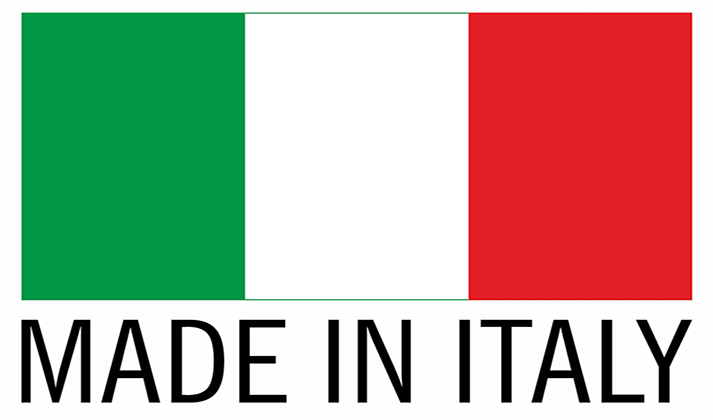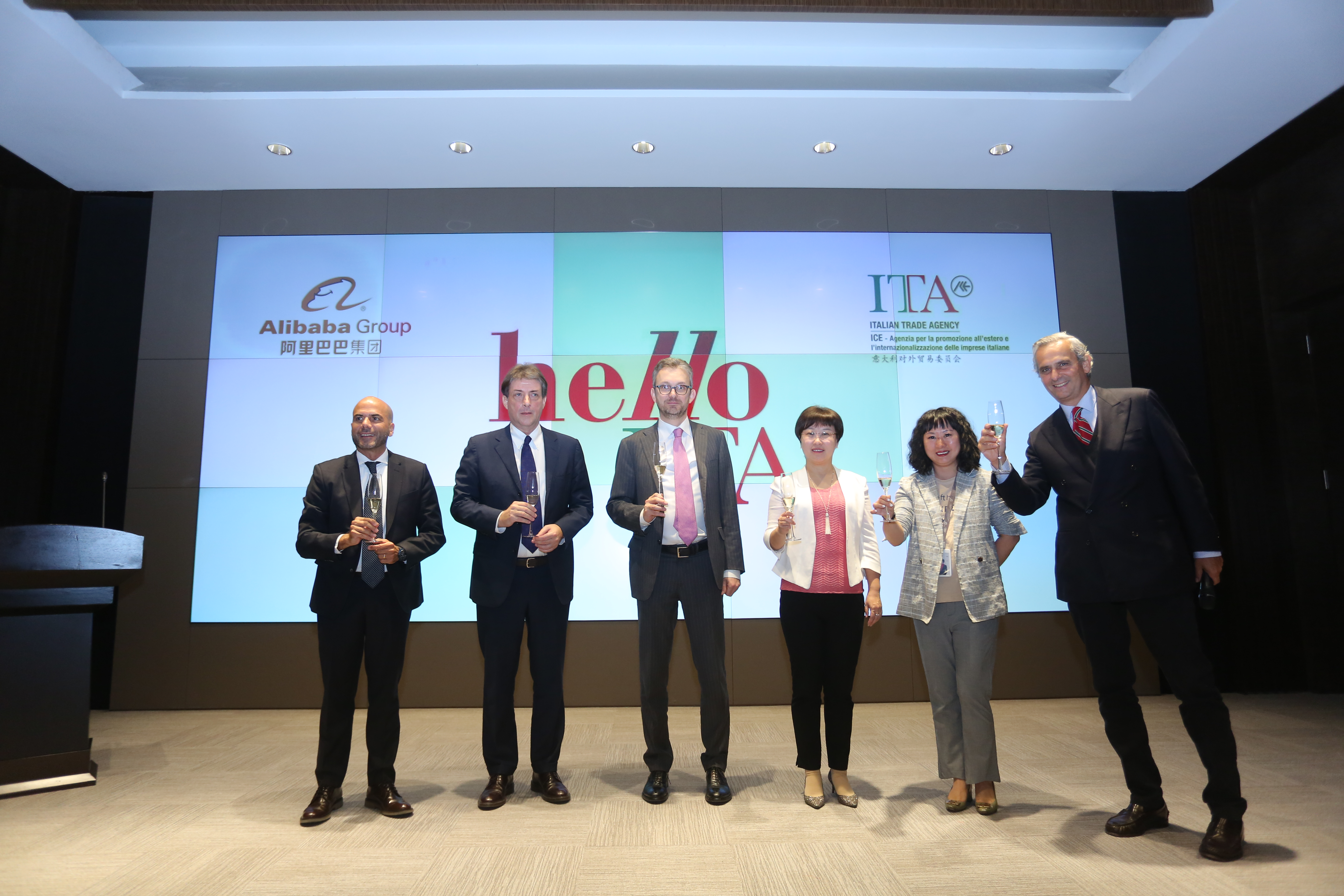
Alibaba Group has struck a first-of-its-kind deal with the Italian government to promote Italian products and culture in China through the company’s e-commerce platforms.
Alibaba and the Italian Trade Agency, a governmental body that supports the export of “Made in Italy” products, have launched the “HelloITA” virtual pavilion on Alibaba’s Tmall and Tmall Global marketplaces. The pavilion hosts 88 stores from over a hundred Italian companies, spanning categories including fashion and cosmetics, home and design and food and wine.
While similar country-based pavilions already exist on Tmall and Tmall Global, such as Canada and Denmark, this is the first time an overseas government will finance and work closely with Alibaba to support its homegrown brands and products. That will include targeted digital-marketing campaigns developed in partnership with Alibaba and its marketing and branding arm Alimama to draw greater interest in Italian products among Chinese consumers.
“The enhancement of the ‘Made in Italy’ brand, not only its product excellence but as a dissemination of culture, traditions and craftsmanship, has always been a priority in our work and we are proud to be the trusted partner of the [Italian Trade Agency] and many Italian companies, including many SMEs, as they embrace digitization and expand into China,” said Rodrigo Cipriani Foresio, Alibaba Group’s managing director for Italy, Spain, Portugal and Greece and business development general manager of Tmall in Europe.

The Italian Trade Agency will leverage Alibaba’s Uni Marketing services, a suite of digital-marketing tools that use consumer analytics from the more than 570 million shoppers on Alibaba’s marketplaces to help brands reach their target audience. The agency will also work with Alibaba on dedicated content and online-to-offline promotions related to Italian products, specifically to increase awareness among China’s digitally savvy Millennials.
In a joint release, Italian Trade Agency President Michele Scannavini said that when selling their products online, brands typically spend the most money working to generate traffic and visibility for their online stores, making HelloITA a great opportunity for Italian companies.
“In addition to bringing traffic, it aims to fill the knowledge gap on Italy and its quality brands that are increasingly being found in popular sectors for Chinese consumers,” Scannavini said.
With online retail sales accounting for 42% of global e-commerce in 2016, compared to 24% for the U.S., China is among the most-promising markets for e-commerce. Increasingly, Chinese consumers are looking overseas for new, high-quality goods as their sophistication and spending power continue to grow. That trend is expected to continue. According to eMarketer, China’s cross-border e-commerce imports will climb 15.3% in 2018 to $115.5 billion.




